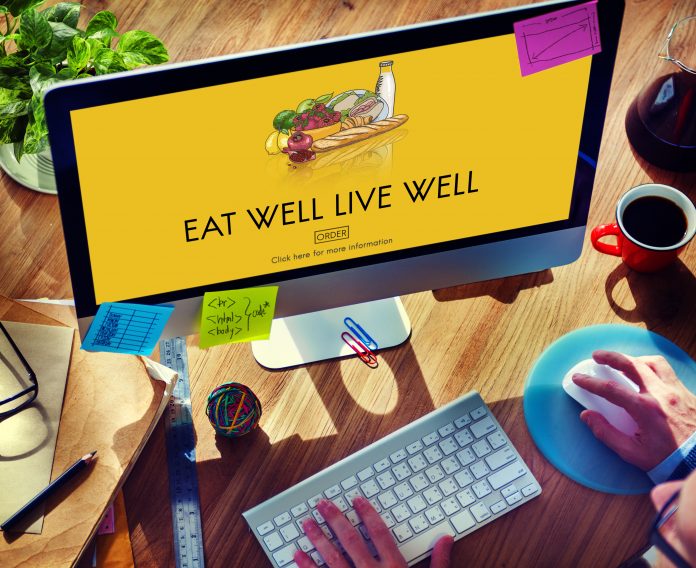Poor senior nutrition affects every part of your body, often in ways that aren’t understood. Besides having physical effects, what you eat can change your immune system, lower or raise your energy levels and calm or upset your mind. Your nutritional needs change as you age.
Later in life you usually use less energy because of decreases in your physical activity and your metabolism. The composition of your body redistributes as your kidney function decreases. Changes in taste and smell lead to change in diet as taste buds decrease. This also makes food taste more bitter or sour. The loss of teeth and ill fitting dentures can lead to avoidance of hard and sticky foods. Gastritis and other stomach problems may mean seniors will avoid healthy food such as fruit and vegetables at a time when they need them the most.
How can we promote healthy eating habits for good senior nutrition?
- Serve smaller portions of food that are packed with nutrients
- Regularly schedule small meals throughout the day rather than 3 larger meals
- Try not to eat alone. Sociability at mealtime can lead to slower, healthier eating which aids in better digestion
- Use herbs and sauces to enhance the aromas of each meal
- Avoid liquids just before or during meals. Save the water or drinks for afterward as liquids add bulk to the diet, fill you up and reduce your appetite
Other reasons for malnutrition may be:
- Loss of a spouse or family member
- Lack of interest in cooking
- Fear of personal safety e.g. afraid to shop alone
- Financial concerns
- Institutions that do not provide adequate nutrition
Examples of a healthy daily diet would be:
- Fruits — 1-1/2 to 2-1/2 cups of cut up fruit or a small piece of fruit
- Vegetables — 2 to 3-1/2 cups or 2 cups of a raw vegetable
- Grains — 5 to 10 ounces e.g. 1 slice of bread, ½ cup cooked pasta, 1 small muffin
- Protein — 5 to 7 ounces e.g. 1 egg, ¼ cup of beans
- Dairy — 3 cups of fat-free or low-fat milk or 1 cup of yogurt of a small amount of cheese
As people age, a change in the appetite can be normal and the body needs fewer calories. Meals shouldn’t be skipped and healthy food choices should be made so nutrition doesn’t suffer. This can lead to weight loss which puts your immune system at risk and leads to more susceptibility to infections like the flu or colds. Eating better means feeling better and living longer.























